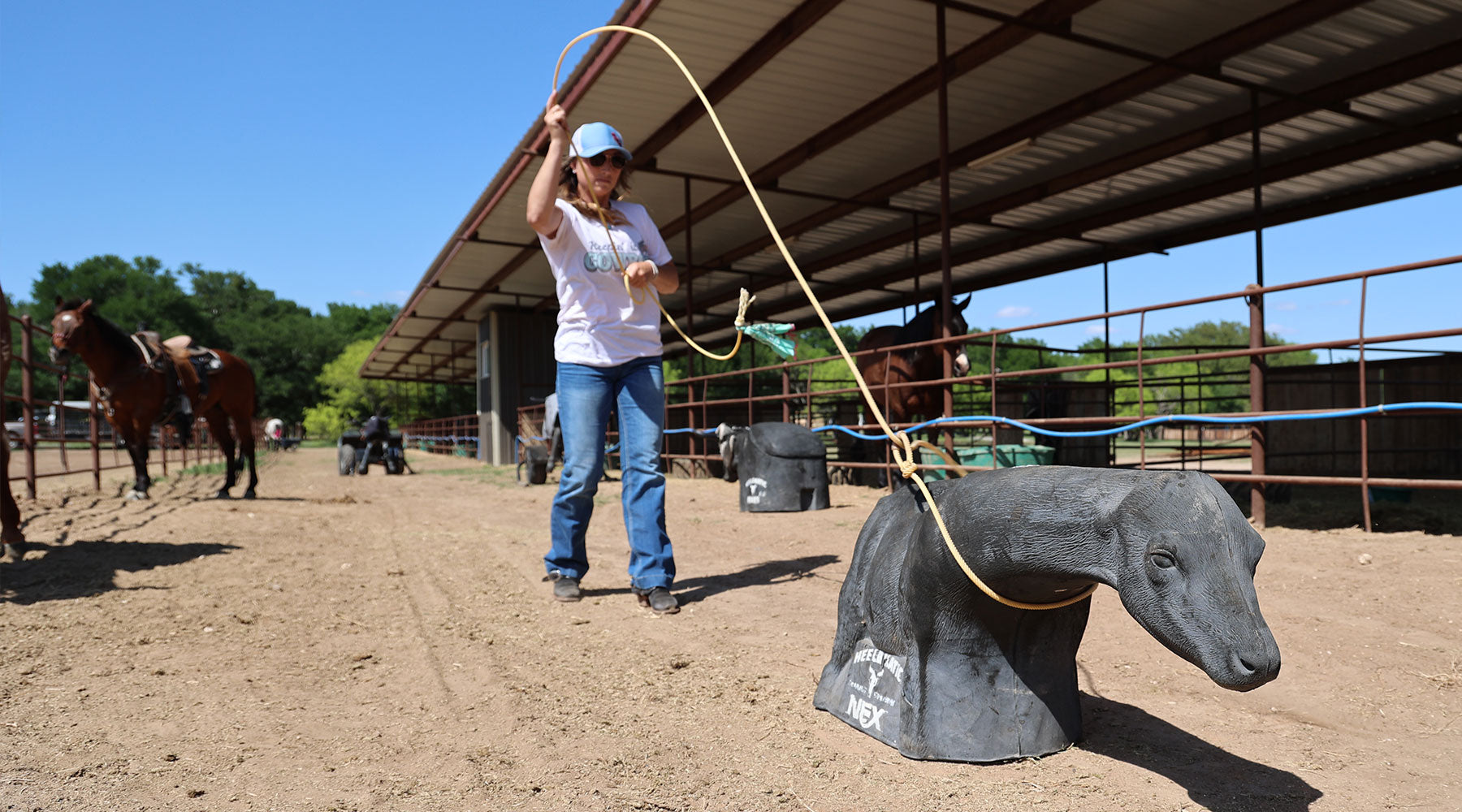Why is fly and mosquito control important?
If you've ever seen your horses' tail swishing, body twitching, feet stomping/kicking, or whipping their tail you may have a fly and mosquito problem on your property. These nuisances will not only irritate your horse but can spread many dangerous diseases.

Mosquitos
Mosquitos can spread several deadly diseases such as:
- West Nile Virus, Eastern, and Western Equine Encephalitis. West Nile Virus has a mortality rate of 30-40% in horses. It causes brain inflammation and interferes with the function of the nervous system.
- Eastern Equine Encephalitis causes inflammation of the brain and spinal cord. This viral disease can be spread to humans through mosquito bites. Once contracted, horses and individuals are not contagious, but the virus can continue to be spread through mosquito bites. The mortality rate of this disease is around 90% in horses and around 50-75% in humans.
- Western Equine Encephalitis Western Equine Encephalitis has a mortality rate of around 20-40%, but survivors often have permanent neurological damage. While infected horses and humans are not contagious to others, the virus can continue to be spread through mosquito bites.
One of the best things you can do to prevent these diseases is to discuss vaccination options with your vet.

Flies
There are many different types of biting flies. In Texas alone, deer flies, horse flies, black flies, stable flies, snipe flies, sand flies, yellow flies, and biting midges are all prevalent.
While they are not only an annoyance, they bite and can cause sores on your horses' legs and body. They are known to carry many diseases such as equine infectious anemia. They deposit internal parasites, carry bacteria on their feet, and can deposit that bacterium on your horse when they land. Significant numbers of these biting insects can make horses weak and sick due to a significant loss of blood.
They lay eggs on the horse and can be attracted to any wound the horse has, spreading both bacterial and fungal infections when they land. They can make horses lose weight due to stress, irritation, and blood loss. Some horses can also develop a condition called IBH or insect bite hypersensitivity. The insect bites cause an allergic response resulting in hives, bumps, crusty patches of skin, and hair loss.
We all want to keep our horses healthy and comfortable, but how?
Prevention:
- Flies hatch around 12 hours after the eggs are laid. Eggs are often laid in manure. One of the most helpful ways to combat flies is to move piled organic debris such as hay and manure in feeding and stables to discourage breeding.
- Keep breeding grounds to a minimum by mowing tall grass and weeds.
- Make sure to drain water troughs regularly, keep water flowing in any creeks on your property, manage any standing water, and use landscaping to prevent water from pooling in areas on your land.
- Many choose to set up stall fans and misting/spray systems that can dispense the product of choice.
- Use equine-safe sprays and repellants on horses according to the instructions.
- Feed-through fly prevention such as Simpli-fly.
- Use products such as fly masks, fly sheets, leg and neck guards.
- Set up mosquito and fly traps near stables, feeding areas, and water troughs. Use insecticidal pastes and spot treatments.

Be sure to closely follow all instructions for each product to ensure the safety of yourself and your animals, and be sure to discuss vaccination options with your vet as well.
Discover more fly control products and options at www.southtexastack.com/fly-control



